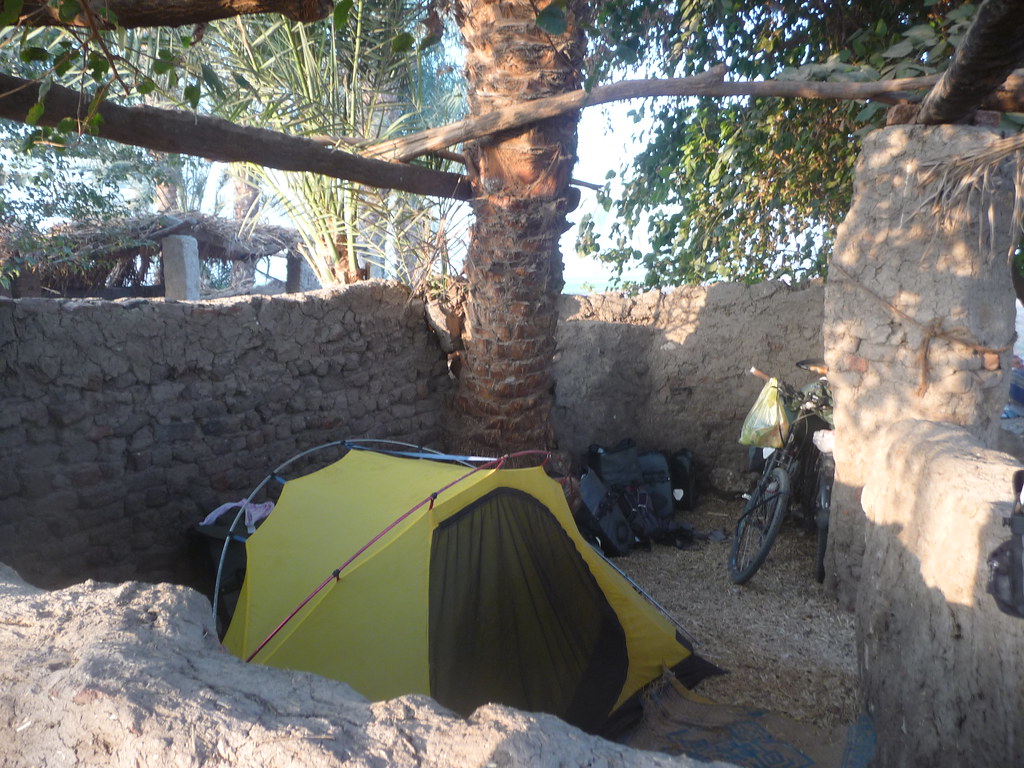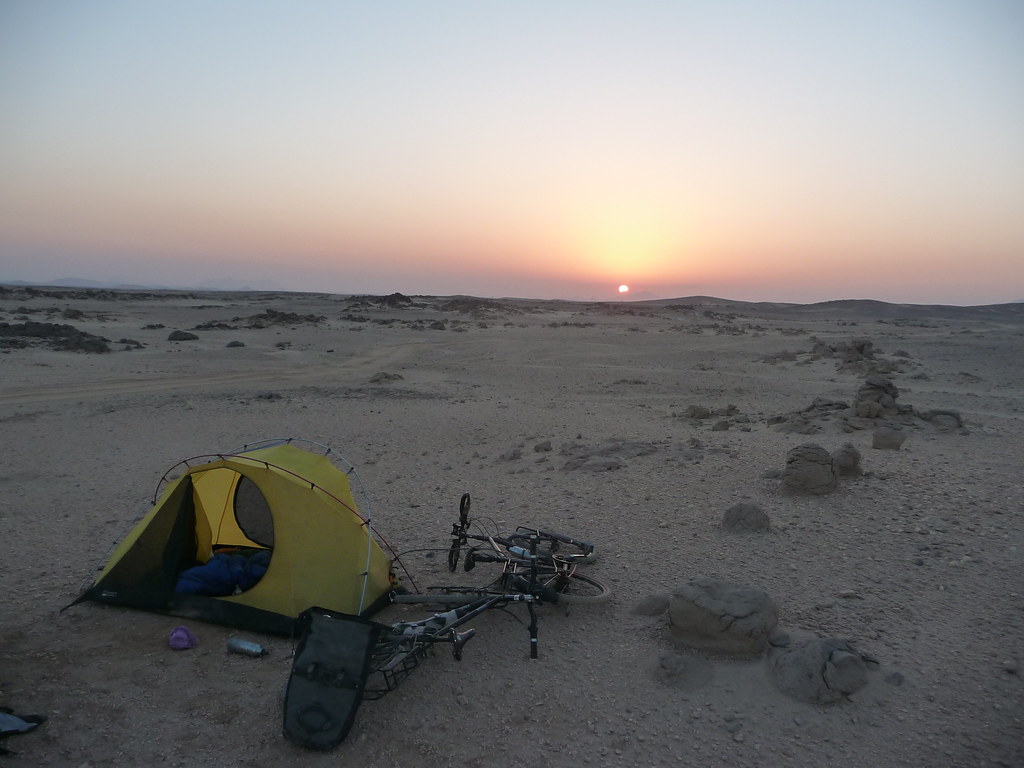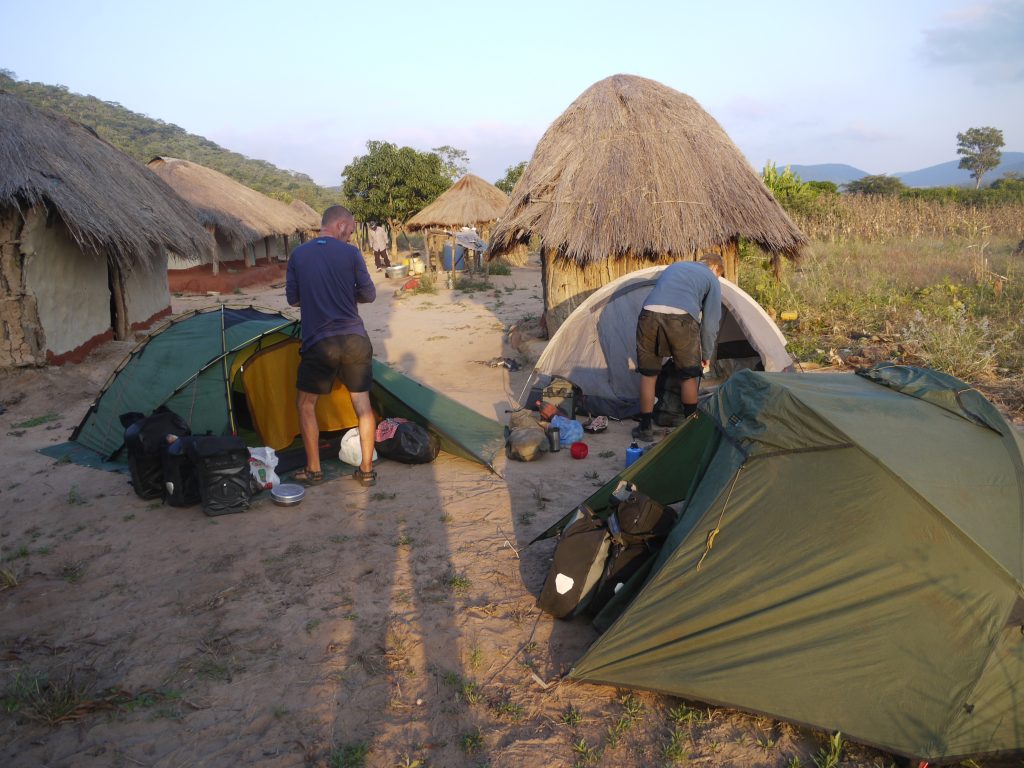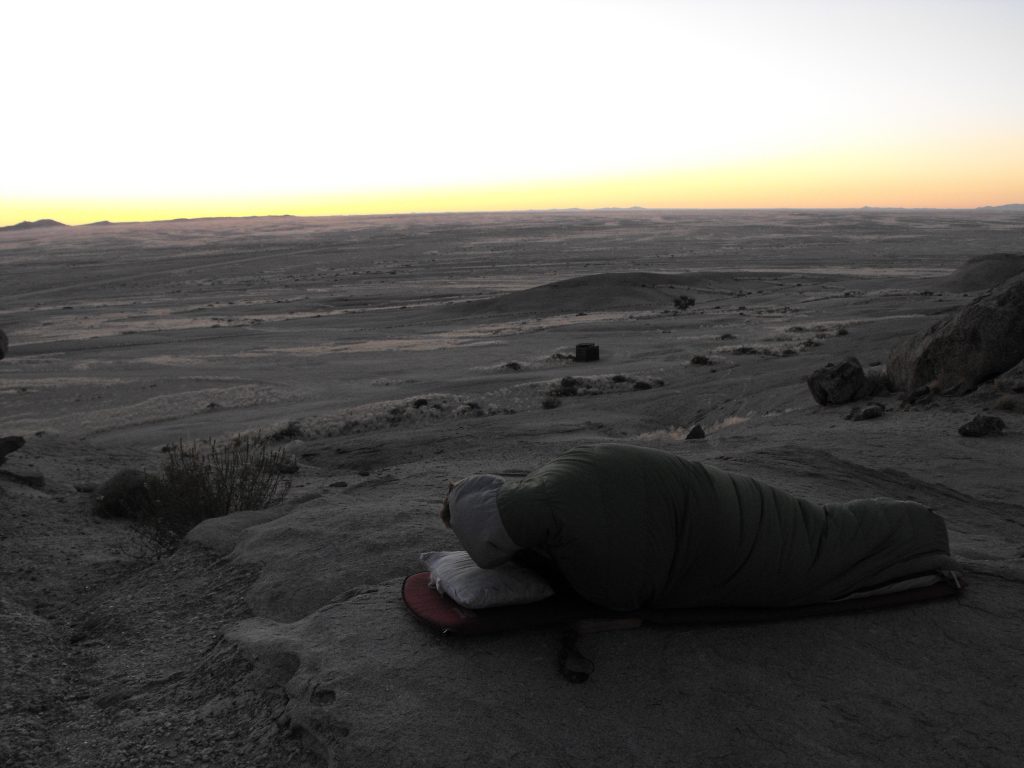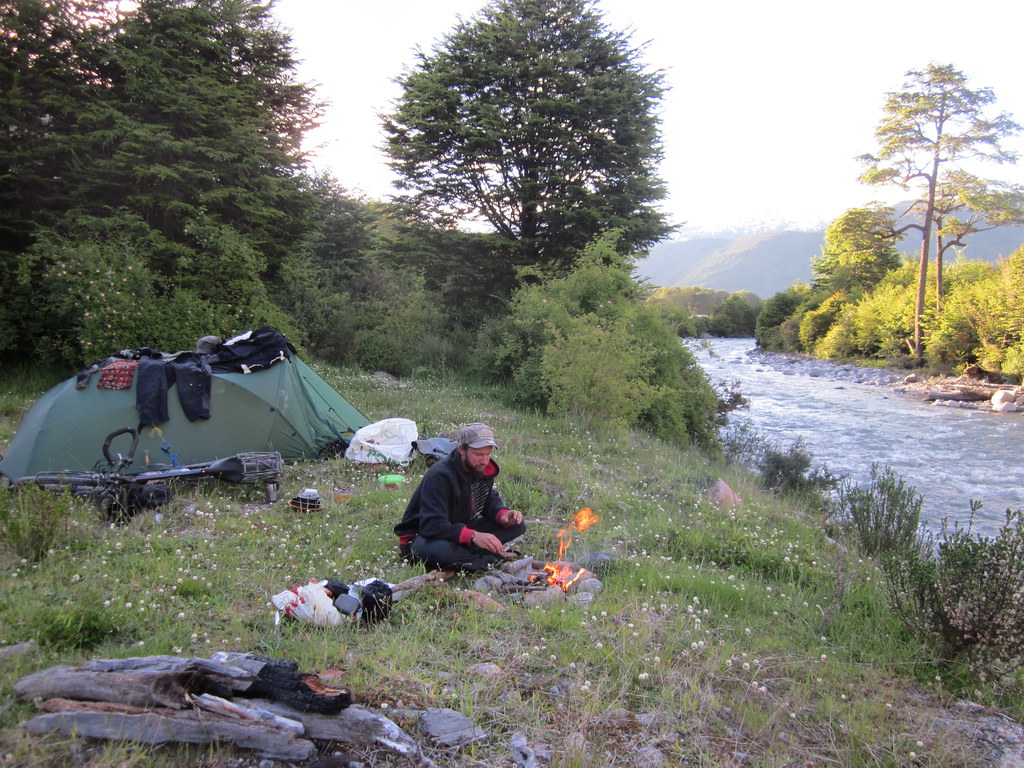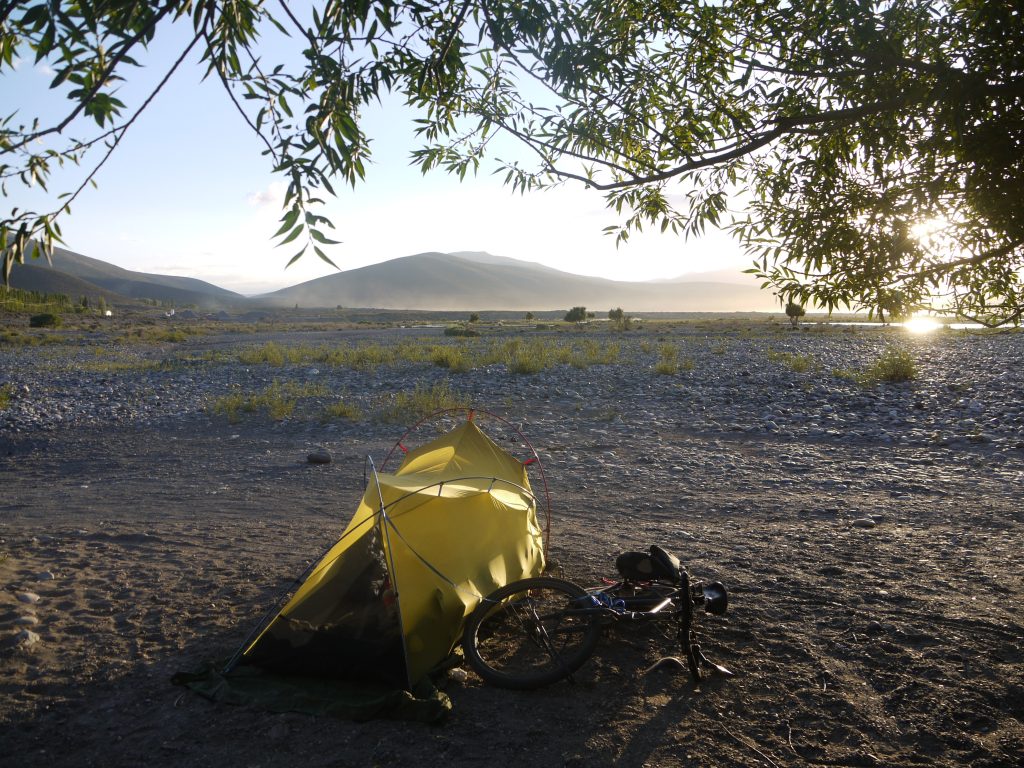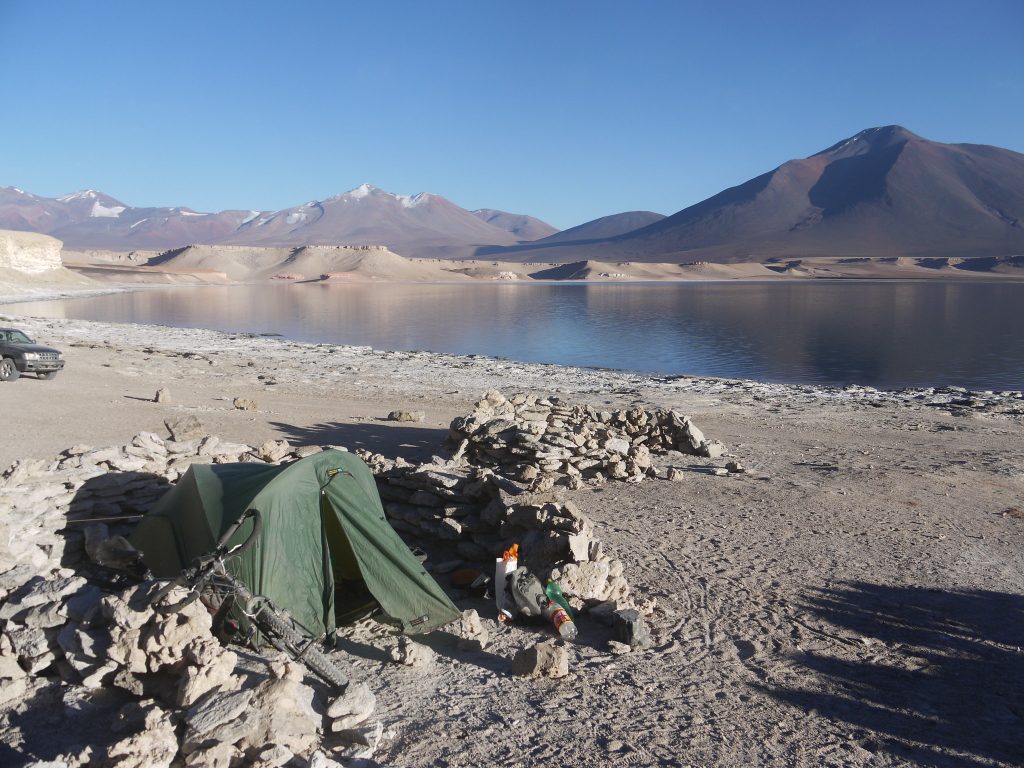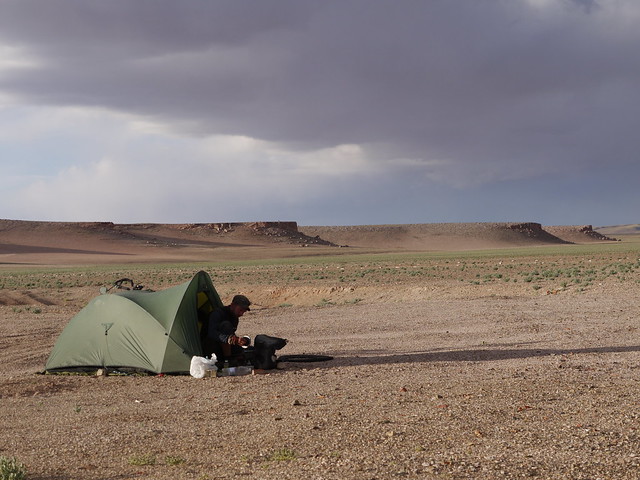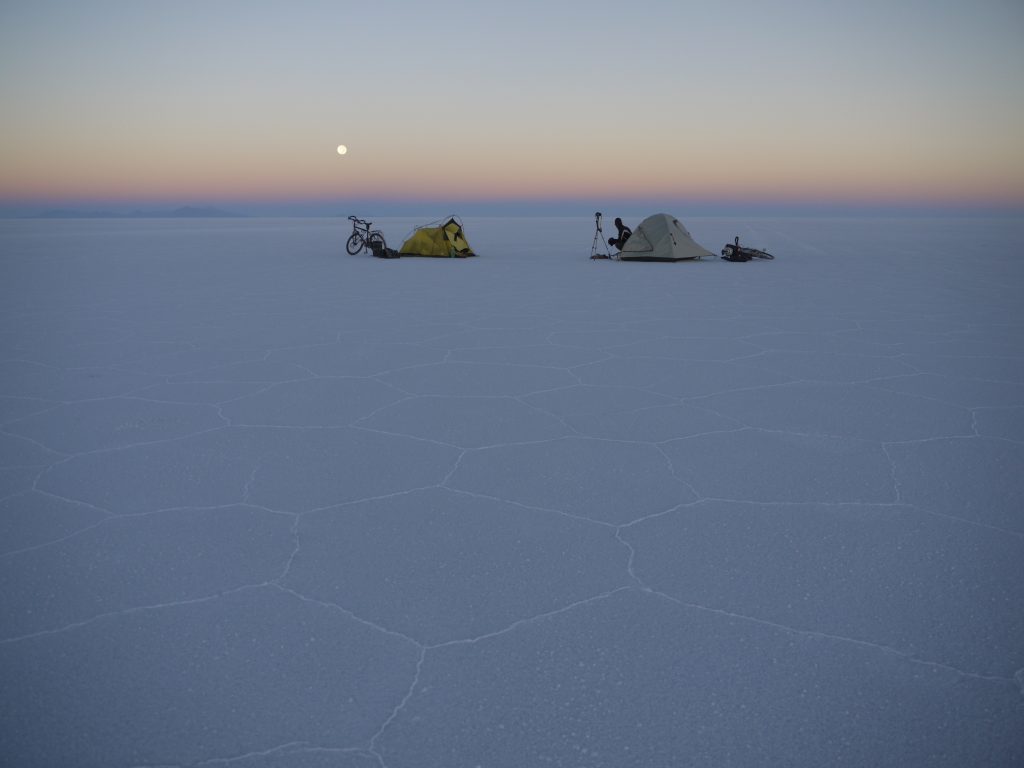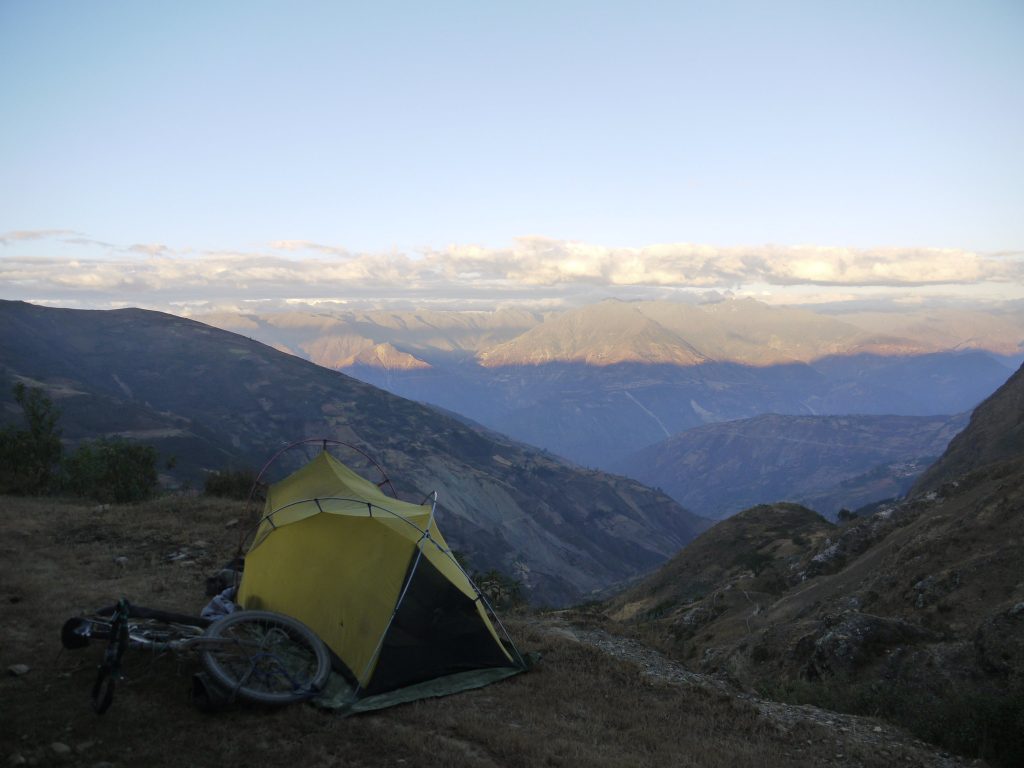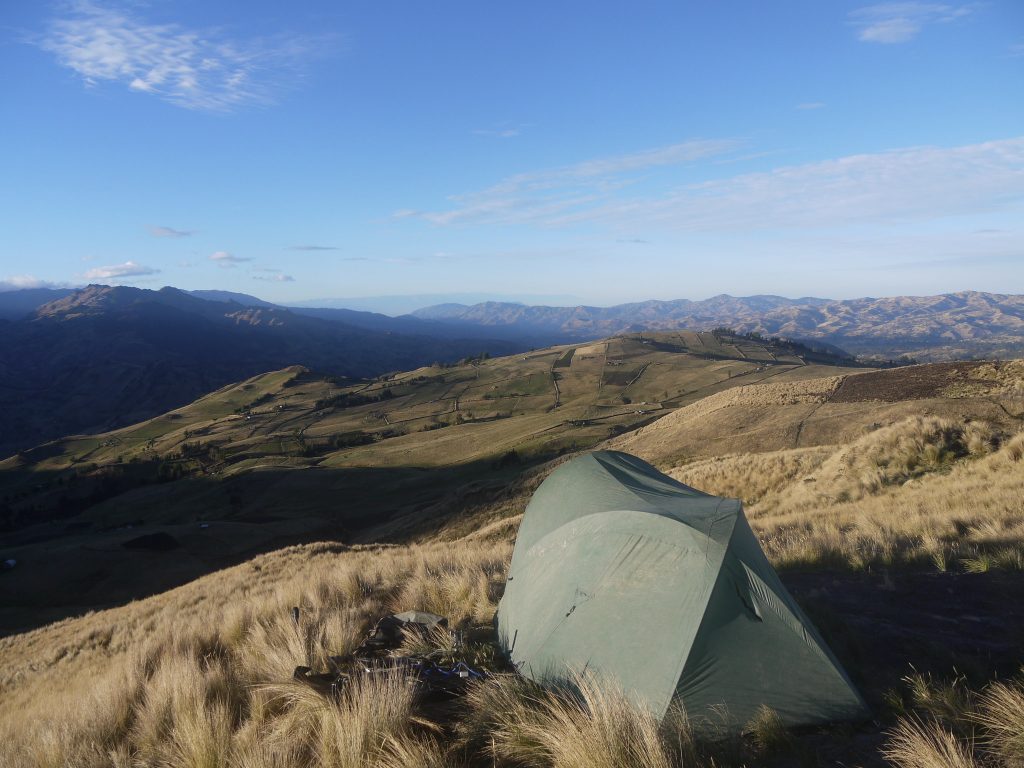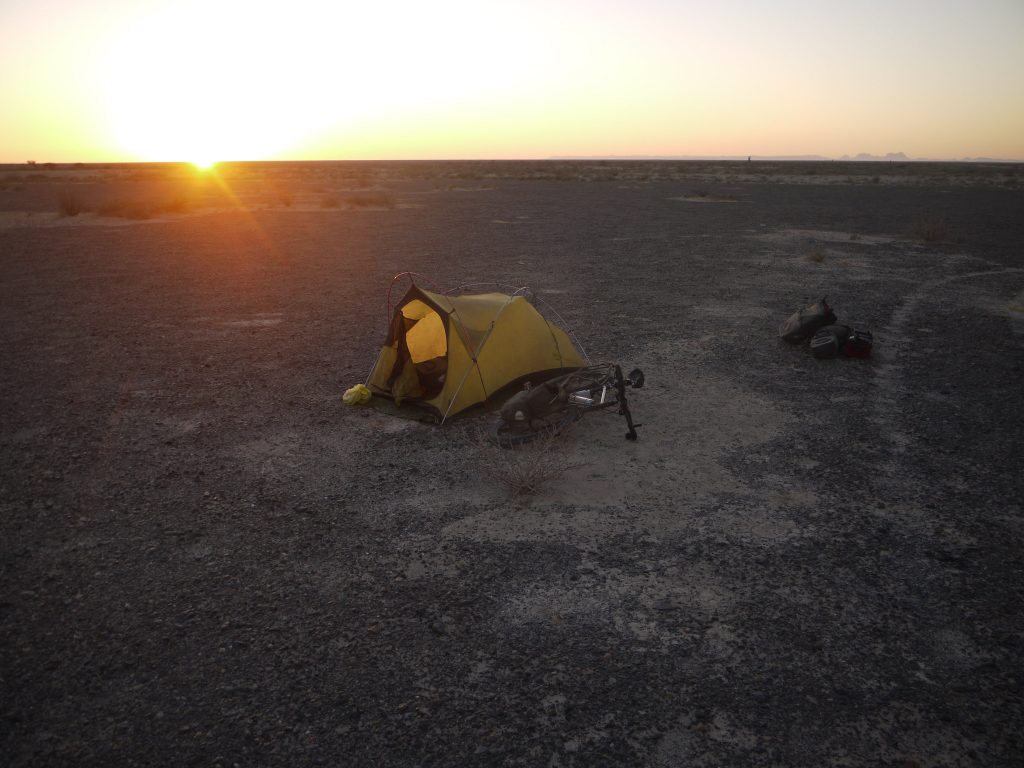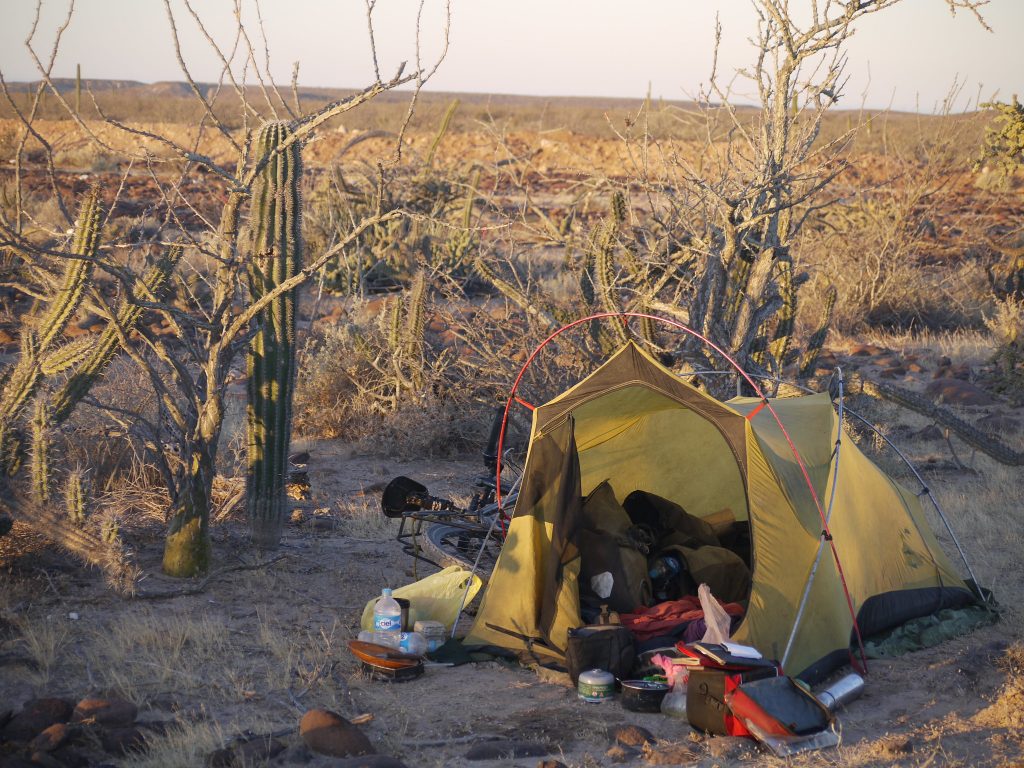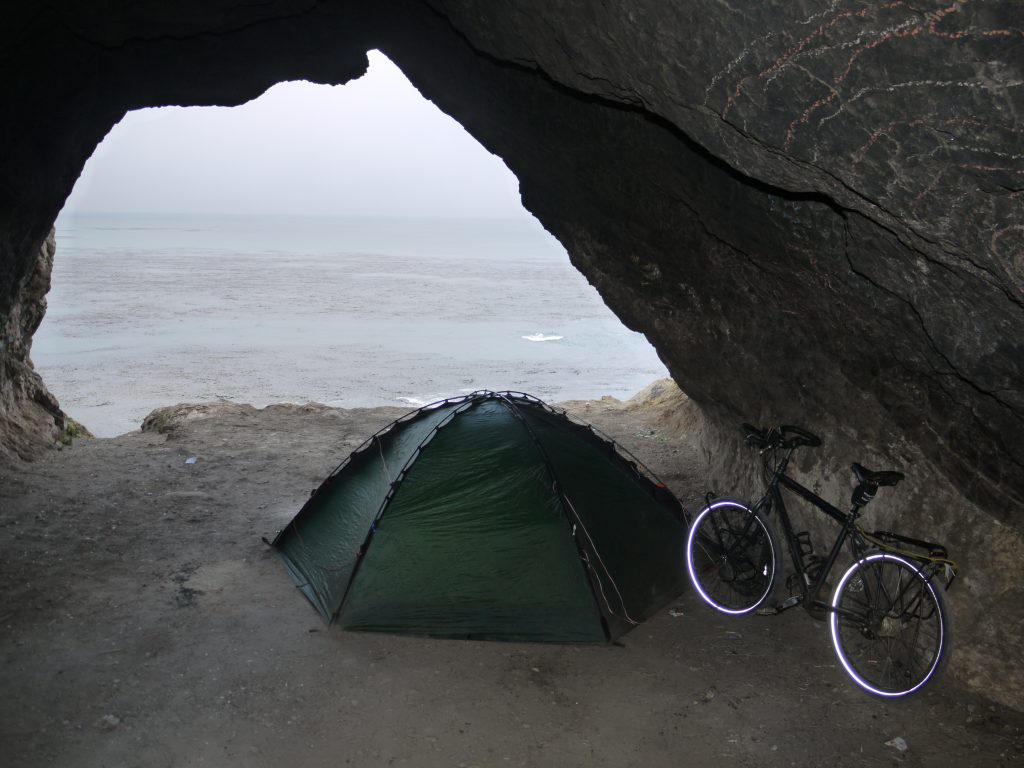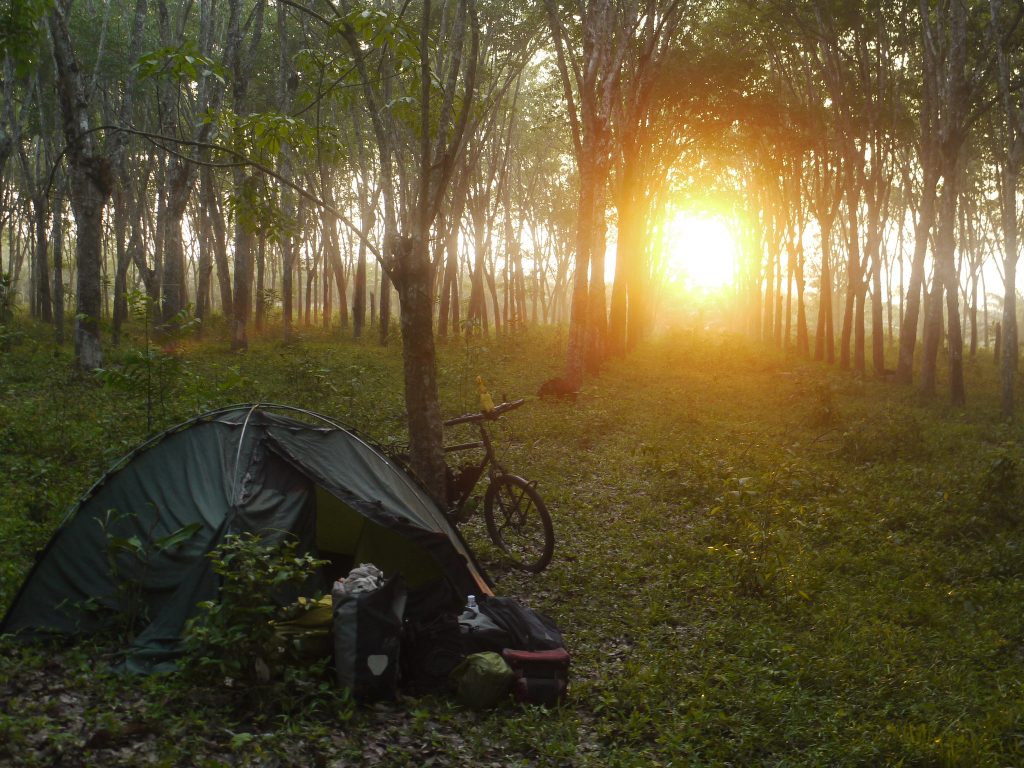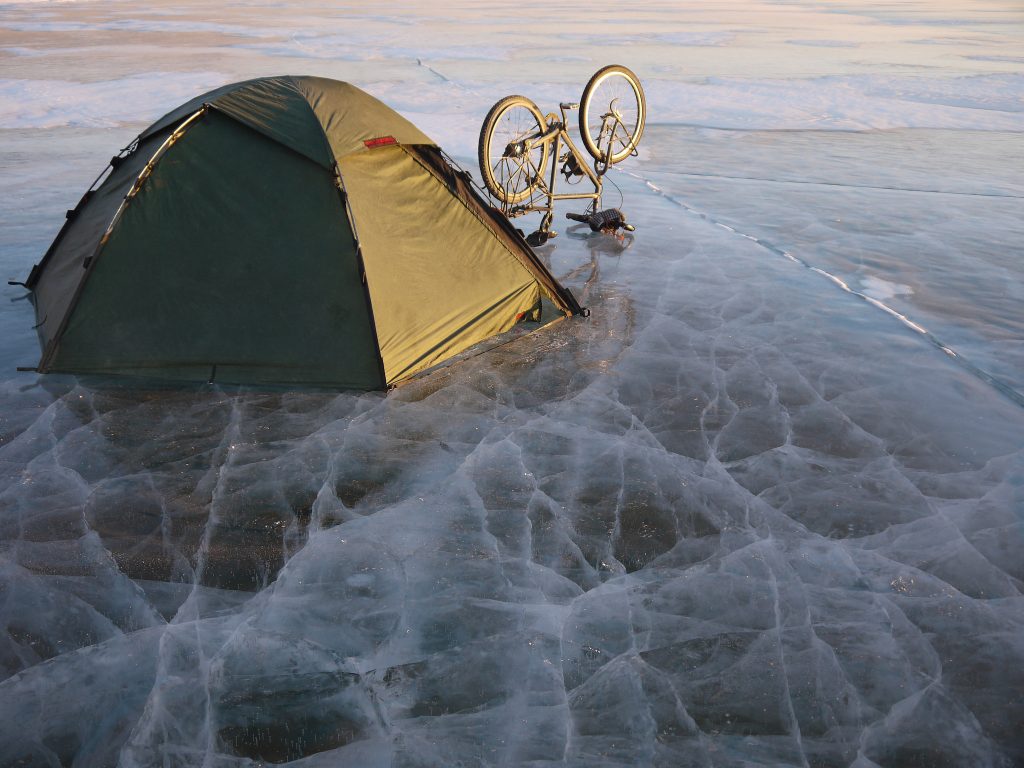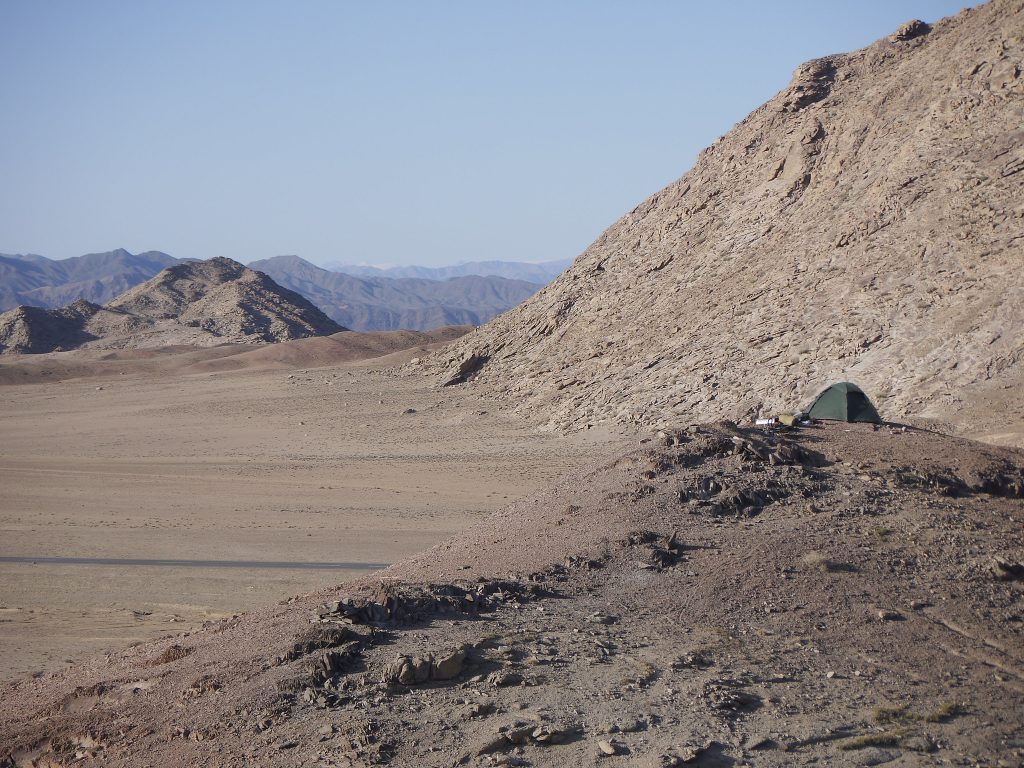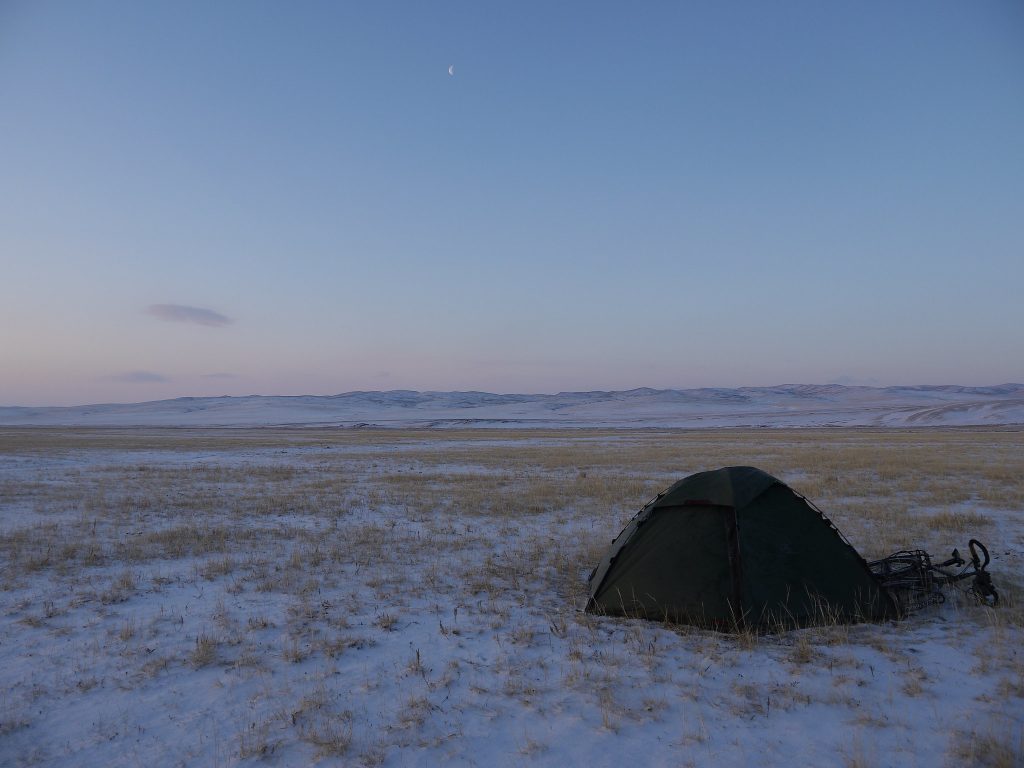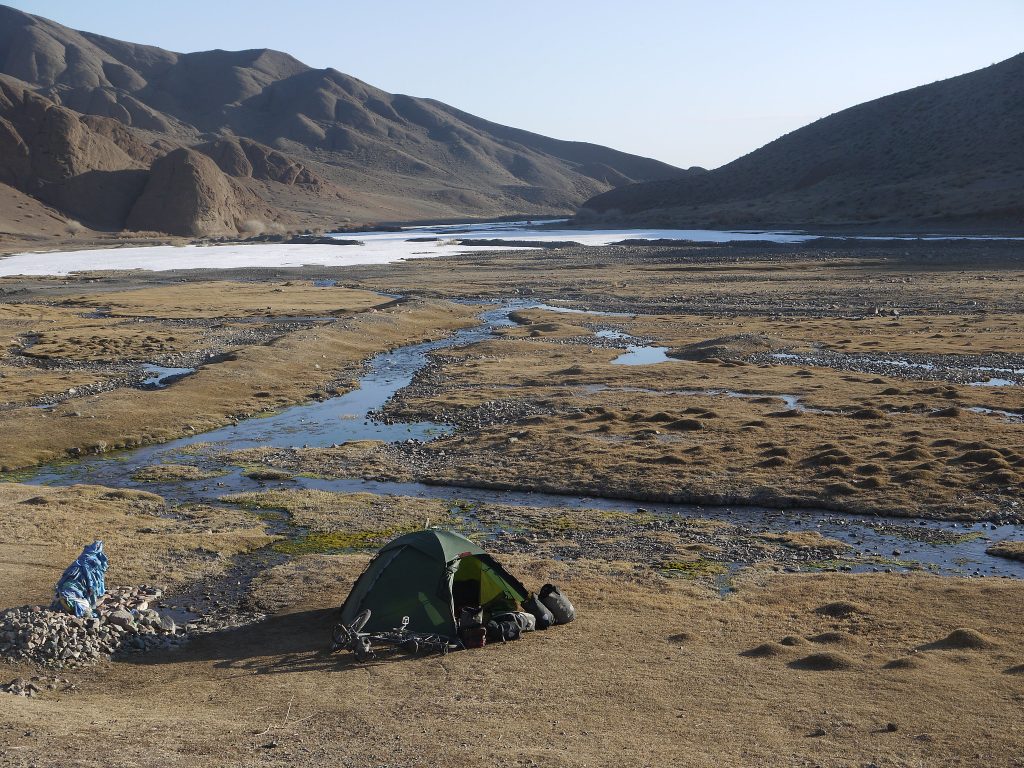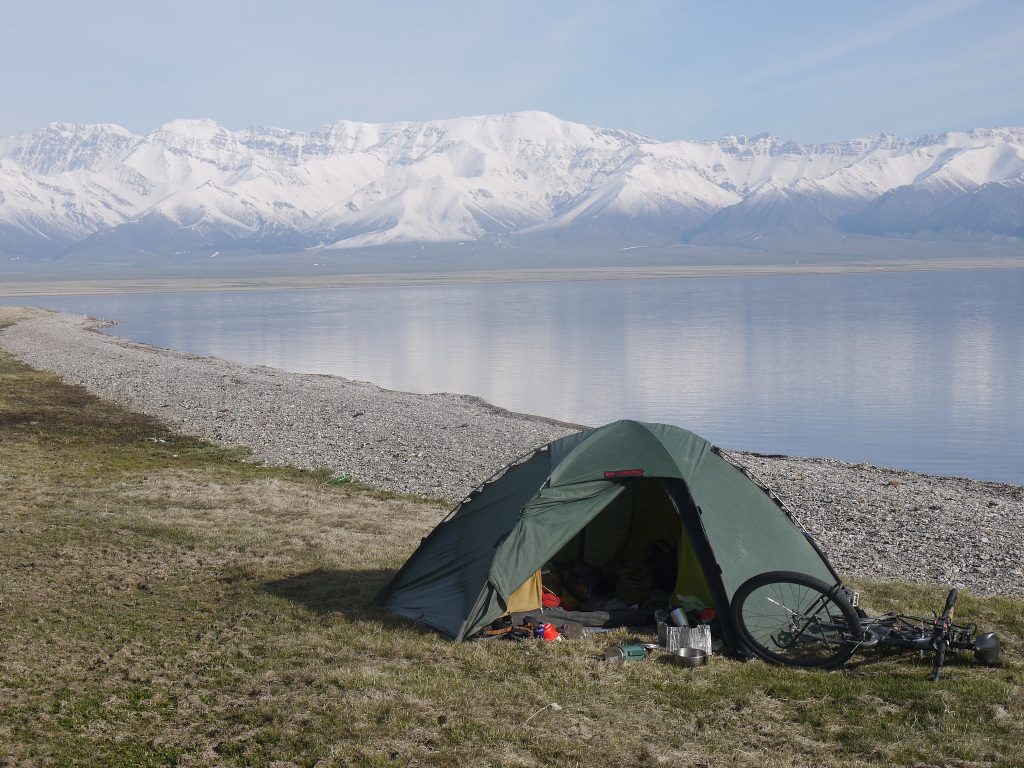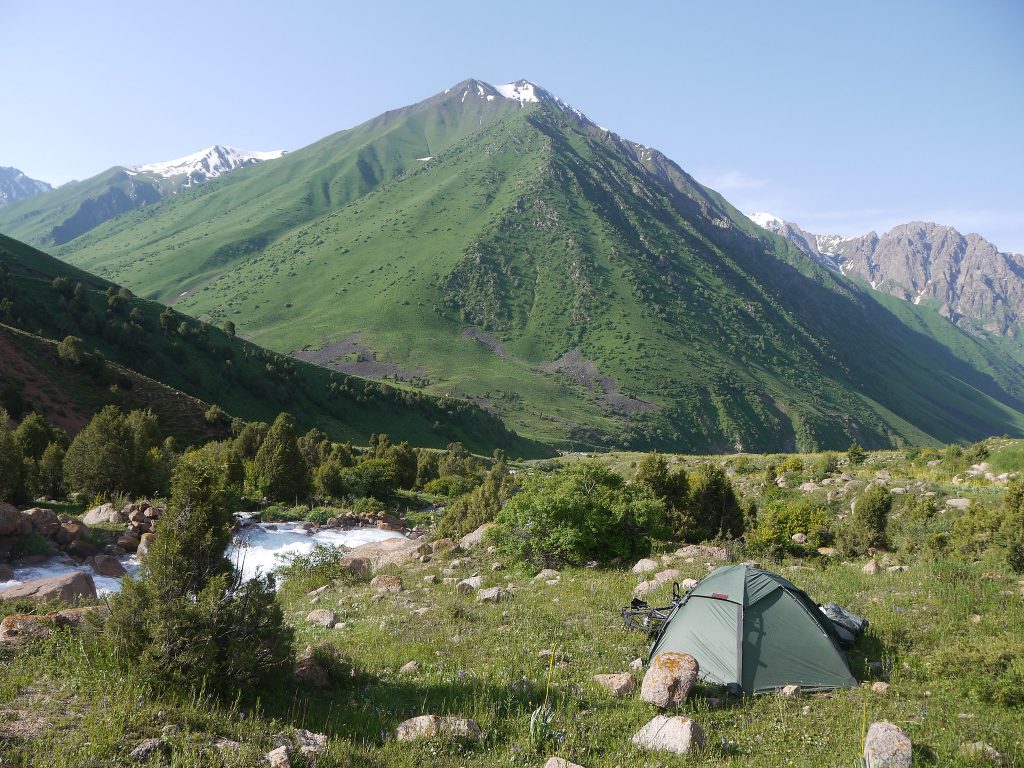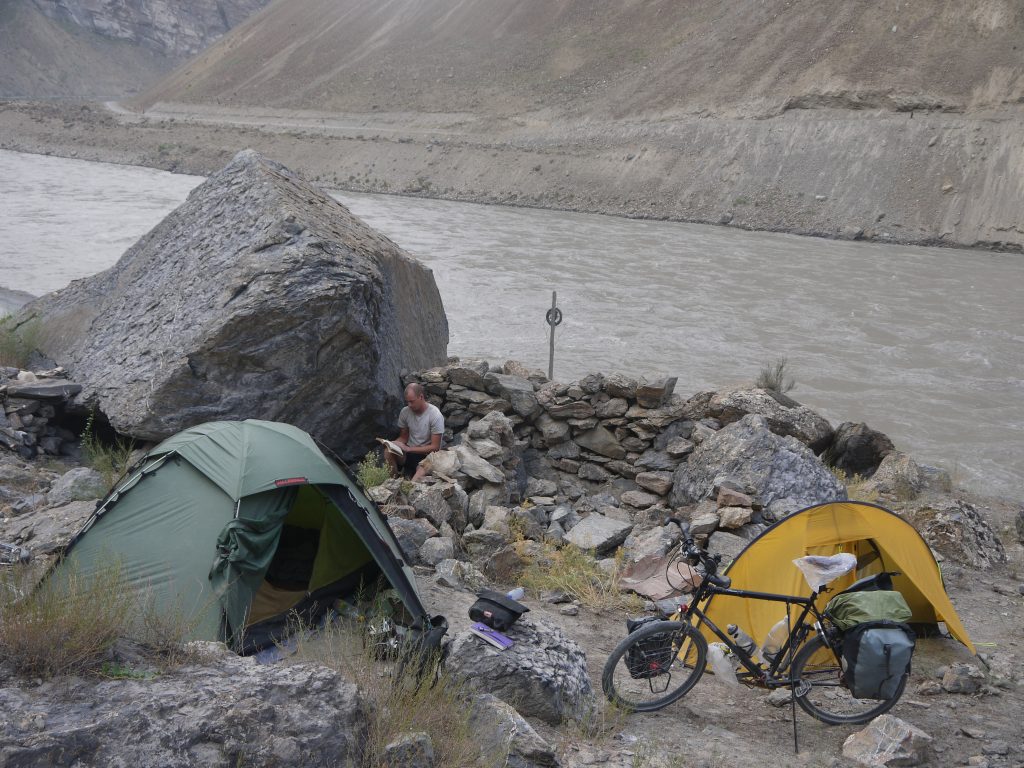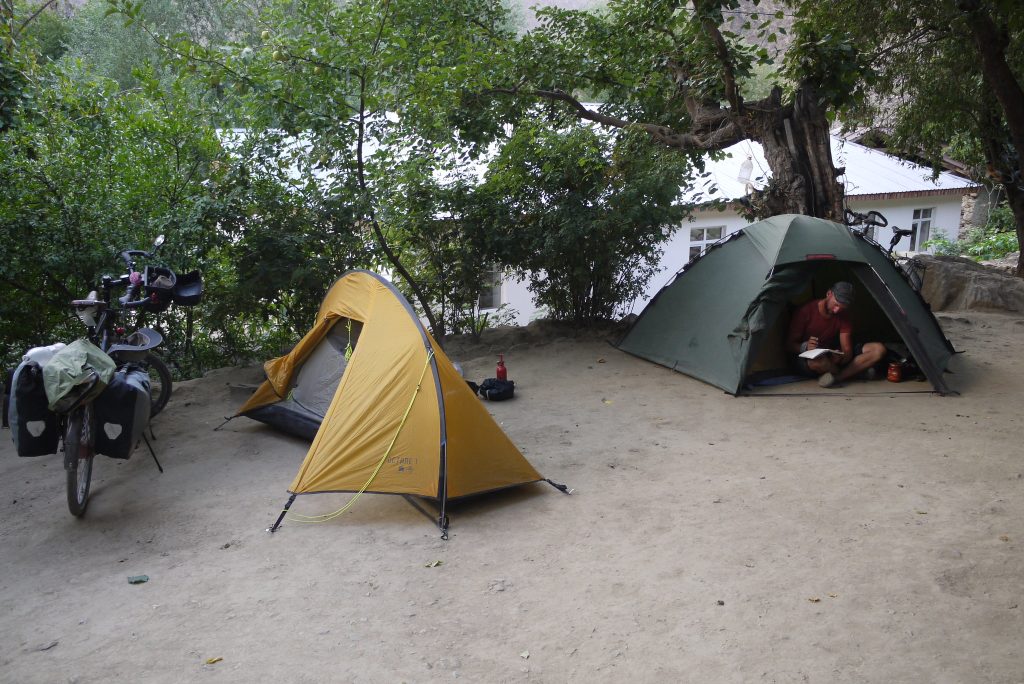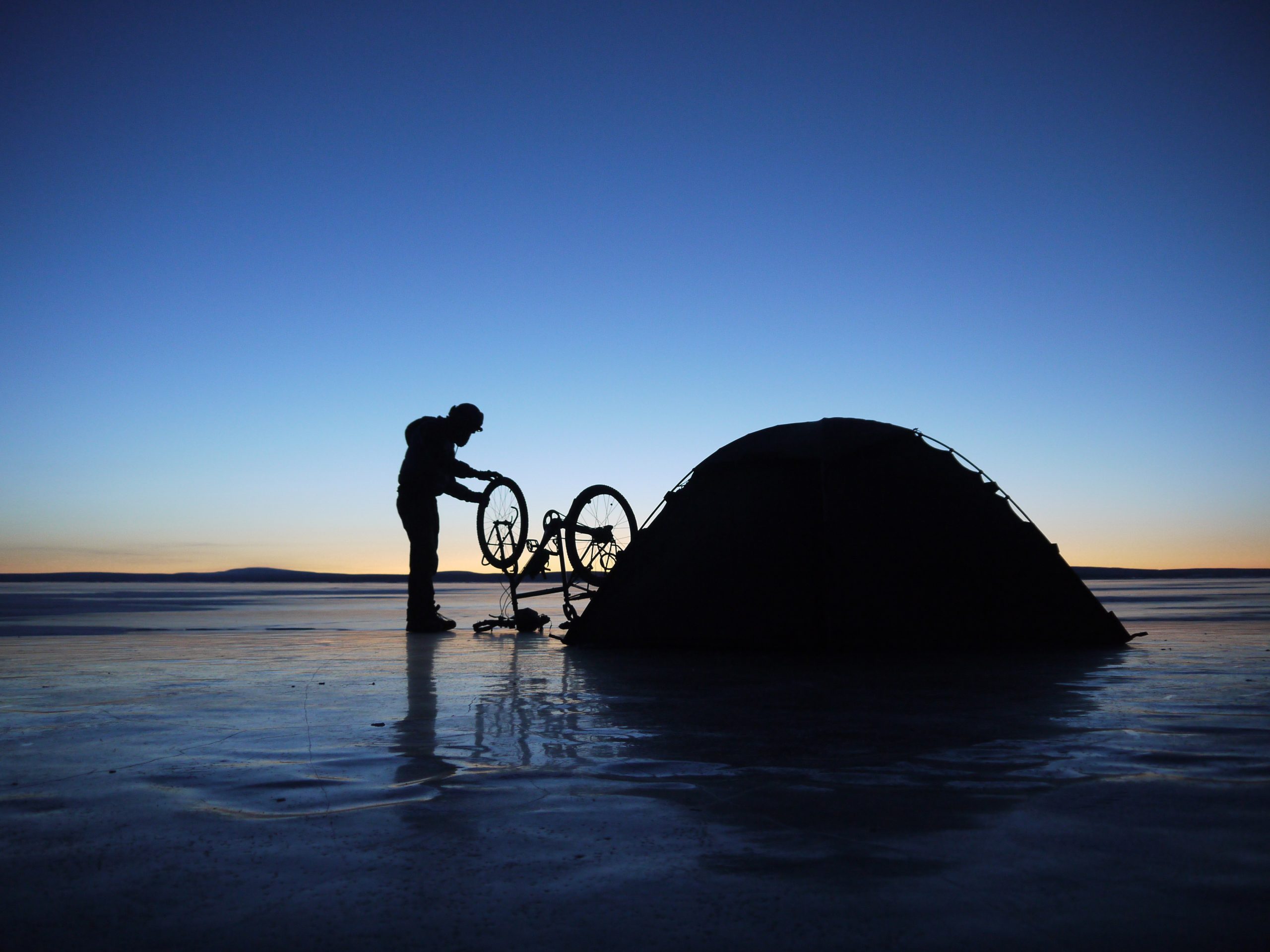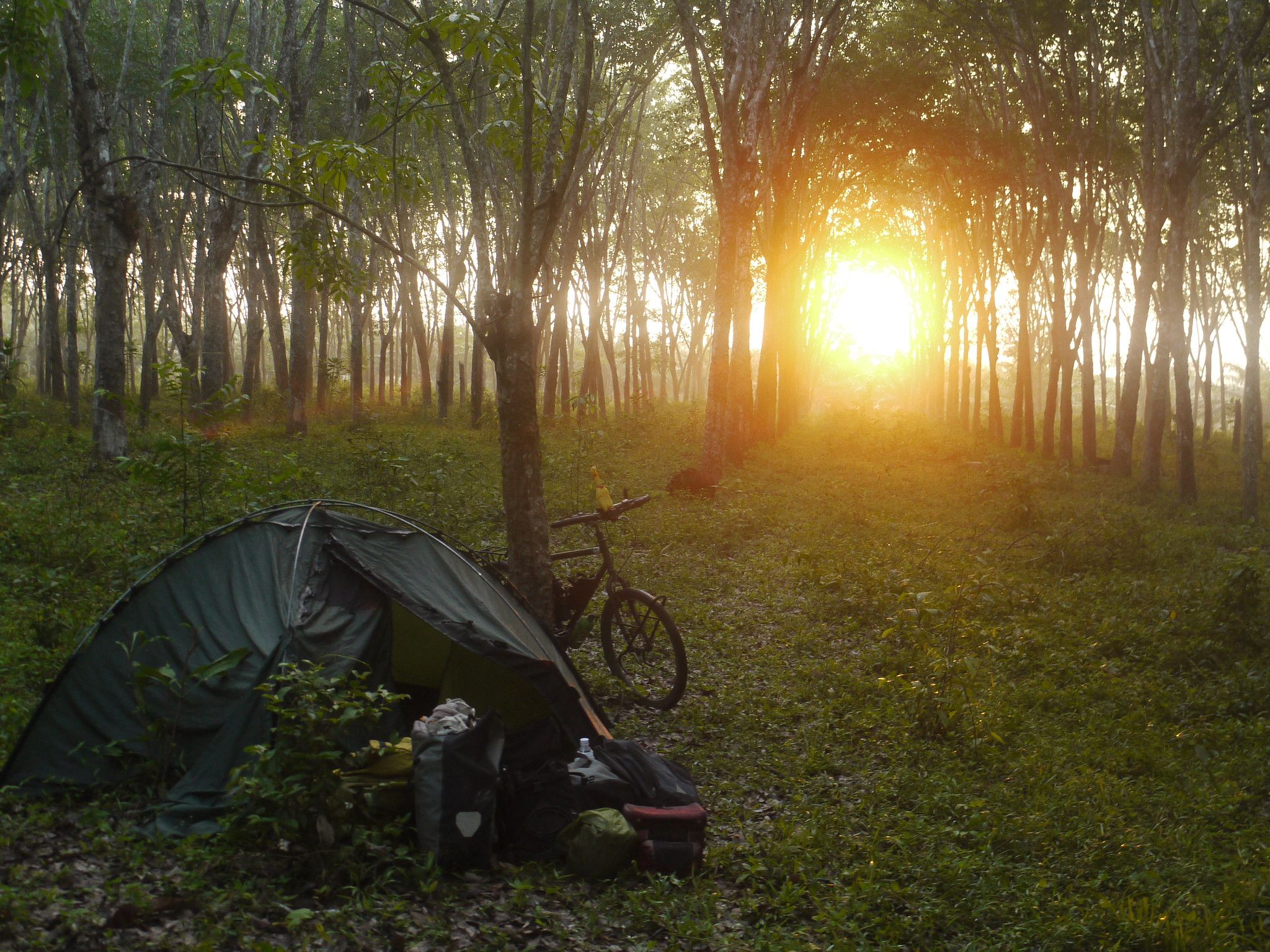
How to rough camp without getting murdered in your sleep
There’s a tradition to uphold in writing how-to posts. The writer should peacock their expertise with a detailed account of all the times they got it right. But then… how could you trust the advice? To paraphrase ancient wisdom, we learn through our fuck-ups. And in my experience of rough camping, there has been quite a lot of learning because, to be frank, there have been an enormous number of fuck-ups.
I have catalogued them with names that invoke time-worn horror movies. There has been The Night of The Fire Ants (El Salvador), The Dawn of the Scorpion under my Thermorest (Argentina), The Midnight of the Flood (Australia). Almost Crushed to Death by Deadwood (Nicaragua). Citizens have become so concerned about my tent and the pallid, hairy, furtive thing lurking within – Gollum in Spandex – that they have called the police to have me removed from their slice of suburbia on three occasions, and once, the officers moved in with weapons drawn.
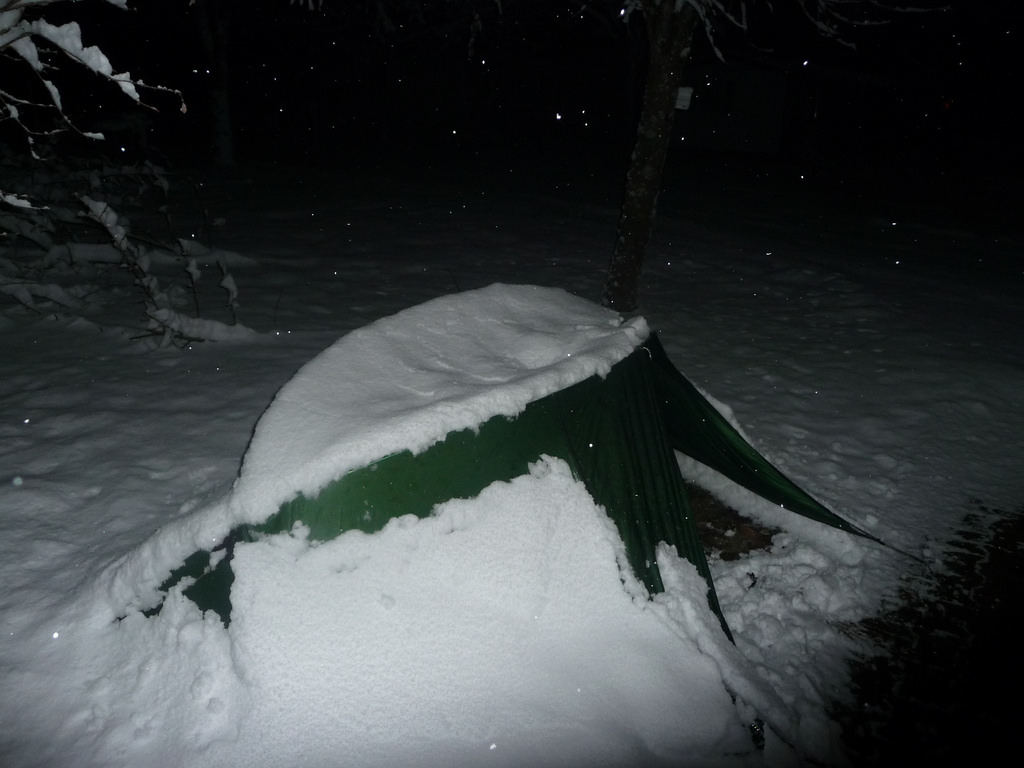
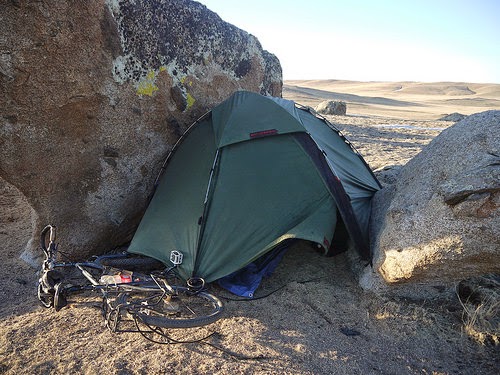
Rough camping, wild camping, stealth camping – whatever your monikor – there is something so liberating in this simple act of throwing up a home, and then packing up and moving on the next day, uncertain where you’ll sleep the next night, but certain you’ll figure it out. The appeal of sleeping in wild places is easy to see, but there is a thrill to rough camping in the edgeland too, beneath the skin of cities and towns, in the waste ground, behind carparks and beside highways, half-hidden in the half-light, listening to droning traffic, the clank and grumble of industry, the pylons which hiss like vipers, the harangue of farm dogs that have fixed your scent. It’s thrillingly outsiderish. You’re the thief at the window. Childishly fun, like a game of hide and seek.
And that, by the way, is exactly how you should think of rough camping, and forgive the caps lock here…
ROUGH CAMPING IS HIDE AND SEEK AGAINST THE WORLD
If you start off with this idea in mind, you won’t go far wrong. Obviously, the world is populated overwhelmingly by benevolent souls unlikely to cause you any concern, even if you’re spotted rough camping in their neighbourhood. However, very little happens in villages around the world. You, my friend, are news. So if one person finds out where you are, it’s not difficult to imagine that word will spread – and you will be the topic of those words. Soon 100 people will know that there’s a gringo, farangi or mzungu down the road. It only takes one bad apple to give you a stressful night: maybe they’re drunk and want a drinking buddy. Maybe they want money, or your bike. Most likely they’re simply curious and would like to watch you sleep for a while. Anyone rough camping in Ethiopia for example will be well used to the feeling of opening your bleary eyes of a morning to discover 37 people crowded around your tent porch, watching you, wonderstruck.
So for what it’s worth, here’s my method. Usually, I begin scouring for a place to camp about half an hour before the sun sets. This is because I’d like to use as much of the day as I can to cycle, and once my tent is up I’d prefer it to get dark fast (remember: hide and seek against the world). However that searching-time is not fixed to half an hour, it depends on my situation. If you’re on a road carved into a rocky mountainside, a tortuous uphill, the chances of finding a decent rough camping spot in the 3 km you’ll accomplish in half an hour is slim, so maybe I’ll extend my hunting time to an hour. Equally if I’m whistling through an empty desert, turbo charged by a tailwind, then I’ll cover far more ground and sometimes I don’t bother looking at all: as the sun sets, my campsite is guaranteed. To begin with, I’ll notice only the really great spots, but as dusk approaches, my fussiness falls, until in near darkness I’ll take anything I can get. Remember too that night falls fast near the equator, whereas at northern and southern latitudes you have lots more time.
Here’s another important rule, and one I have learnt the hard way: If you think you’ve spotted a great rough camping spot from the road, then… it’s not a great rough camping spot. You have the same binocular apparatus as everyone else, ideally hiding means no line of sight. I pause when I think there might be a decent place to camp nearby (at the risk of sounding wanky, there is a bit of instinct in this), and then lay down my bike and go for a brief foray on foot. Look behind things, on top of things, scour for cover. Follow trails (but always imagine where they might lead). Think about where car headlights will go once the sun sets. No joy? Collect your wheels, pedal on, and ‘sense’ the next opportunity. You’re a Jedi.
Here are my top tips, won mostly, through failure…
- Think about your tent – for rough camping, it should be a dark tone, black, green or blue, otherwise it’s rough camping suicide. Get a free-standing tent too. I don’t often use pegs at all, and hardly ever use guy ropes. There’s far too much weight in there for it to go anywhere. And if you don’t need pegs you can camp on concrete and on sand. The former is surprisingly useful: I’ve set up on petrol station forecourts, inside derelict houses, on old runways. Smaller is obviously an advantage too, but always keep your kit inside.
- Use a ground sheet. The terrain of rough camping is unpredictable and it will be harder than you imagine on your tent. Thorns, sharp rocks, cacti spines: they all risk that slow, depressing deflation of your sleeping mat when you roll over at 3am, so take the precaution.
- Think: do I need to? There are some parts of the world when it may not be worth the hassle. In places like Egypt and Ethiopia the attention can be overwhelming, getting found out would be too fraught with trouble and hotels in the latter cost a quid a night. In Myanmar it’s strictly forbidden, so be extra cautious, or take another option. In China, if anyone spots you, the police won’t be far away. In built up areas where accommodation is cheap and ubiquitous, maybe it’s better to use it. If you’re concerned about safety, I would often ask in the village instead of hiding away, particularly in Sub Saharan Africa where you’ll often be directed to camp outside the chief’s hut, and hence under his protection. You may also be invited to sleep in someone’s home, or in the local police station, fire station, hospital or school. Be careful in borderlands, which can be sensitive areas, especially if there are people moving between countries and often military about.
- Never let anyone see you leave the road. Always wait for cars to pass before you make your foray.
- Look up. There’s a tendency for people to look down into things rather than up at things, so aim high if you can, and there’s less chance of getting caught. Not such a great call if there’s a thunder storm. Obvs.
- Found your spot? Now use the old cub scout adage: Look up, look down, look around. Up for deadwood, potential landslides (take care in the wet season in mountainous places, listening to the sound of crashing earth from my tent in western Myanmar was terrifying). Look down at the ground, make a guess at how absorbent the earth is. Leaf litter will absorb rain, sandy or clay-like soil could leave you with a soggy sleeping bag. Check for rodent holes and ants. It’s impossible to ant proof a tent. The gaps at the end of zips offer easy access. If there’s a morsel of food, they’ll find a way in, and they’ll invite a million mates. I’ve been evicted from my tent when a pullulating ball of fireants appeared on the roof of my tent through a half centimetre slit in the fabric, and I couldn’t return until the next morning. Leaf cutters have been known to march off with fabric too, creating a slowly enlarging sky light. I’ve found a black widow spider and a scorpion under my sleeping mat. And look around for evidence of larger animals which can be a nuisance too. In bear-country you’ll have to remove your food from the tent and stash it somewhere (I’d hang it in a tree, or open the metal bins and stick it in the back.) But dogs will be problematic almost everywhere, not so much strays, more likely farm dogs. You can do your best to hide, but dogs will often give you away as they’ll hear and smell you first and sound the alarm. Occasionally they’ll approach your tent, but remember most dogs are territorial, and anxious, especially at night. Usually they won’t go too far from home.
- Be discreet. Once the tent is up, it’s not time to celebrate with fireworks. If you’re close to houses, remember that a multifuel stove can reach 130 decibels. Don’t mess it up once you’ve done the hard work.
- Greet strangers. If the games up, don’t look shifty and furtive. Take a few long, confident strides over to any onlookers, smile and say hello. This makes it more likely you’ll enjoy a night of peace.
- ALWAYS lock your bike to your tent. ALWAYS do this. I’ve heard all sorts of tales: Mongolian horsemen tying bikes to their horses and galloping away across the steppe etc. Doesn’t matter how remote you are, just make it habit.
- Be practical. Here are some places you might want to avoid: hollows, unless you’re very confident it won’t rain. Dry rivers beds, unless you’re very, very confident it won’t rain (and if so, they actually make pretty good campsites as it’s easy to get far from the road). A word on beaches…. a sea view. A morning dip. The setting sun firing up the sea. It sounds a nice idea, in the same way as building a raft and lighting out for distant shores sounds a nice idea, until you’re parched and starving and half dead of exposure. There is little cover on beaches and few places to hide, and they tend to contain some irritating things for rough campers: sand, which fucks up zips, wind, which fucks up tents and frustrates stoves, dodgy characters and drunks, for whom beaches can be a sort of natural habitat. And if it rains, it will likely come through the groundsheet. Lakes: also nice for a morning dip, but if it’s mosquito season and you’re in the northern latitudes, be prepared to be mercilessly strafed every time you leave your tent.
And my top tip? Have patience. Not being choosy enough is the number one reason you’ll get found out. Scout well, be particular and you’ll be daisy-fresh for the road the next day. And I speak from experience when I say that cycling 150 km on 2 hours kip is a really shit way to spend your life.
If it all sounds troublesome and a big negative, I’m sorry. I hope the photos below demonstrate that when it goes well, it can go really effing well. I have probably spent 1000 nights rough camping over the six years I was on the road, so there have been a remarkable number of nights without floods and fire ants. This must be true, though to tell you the truth, I can’t think of that many. You tend to remember the snafus.
